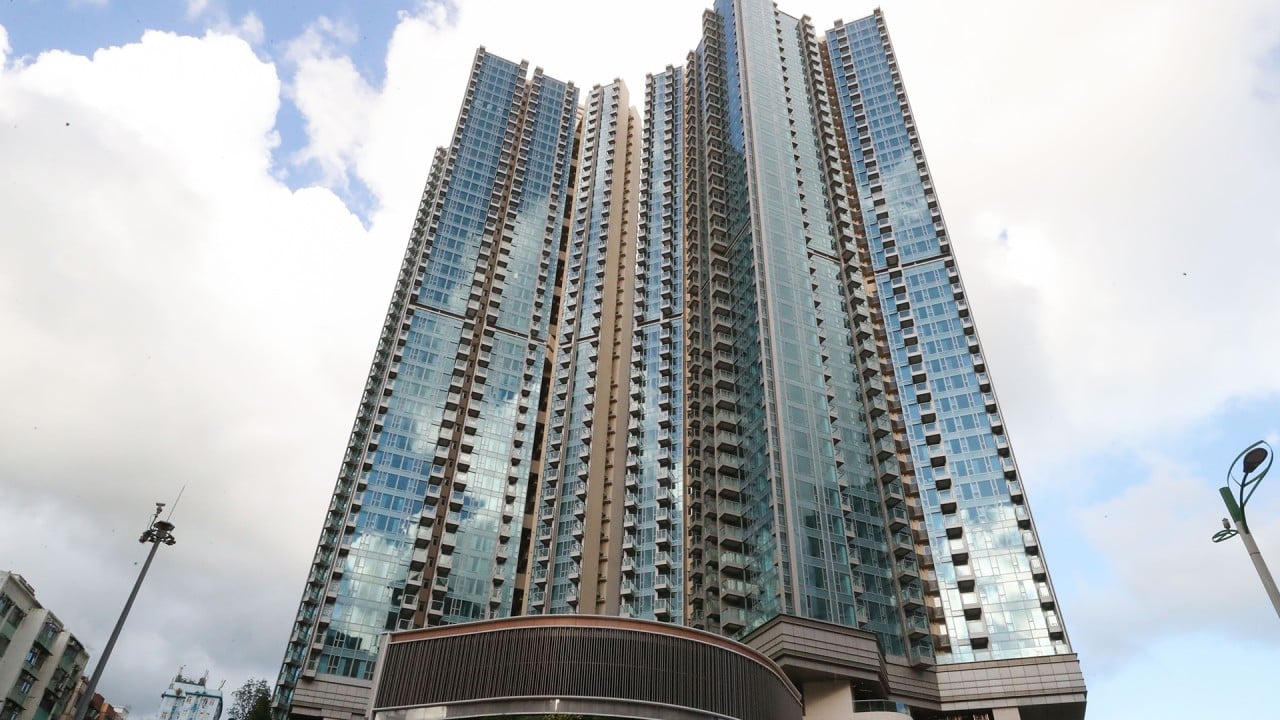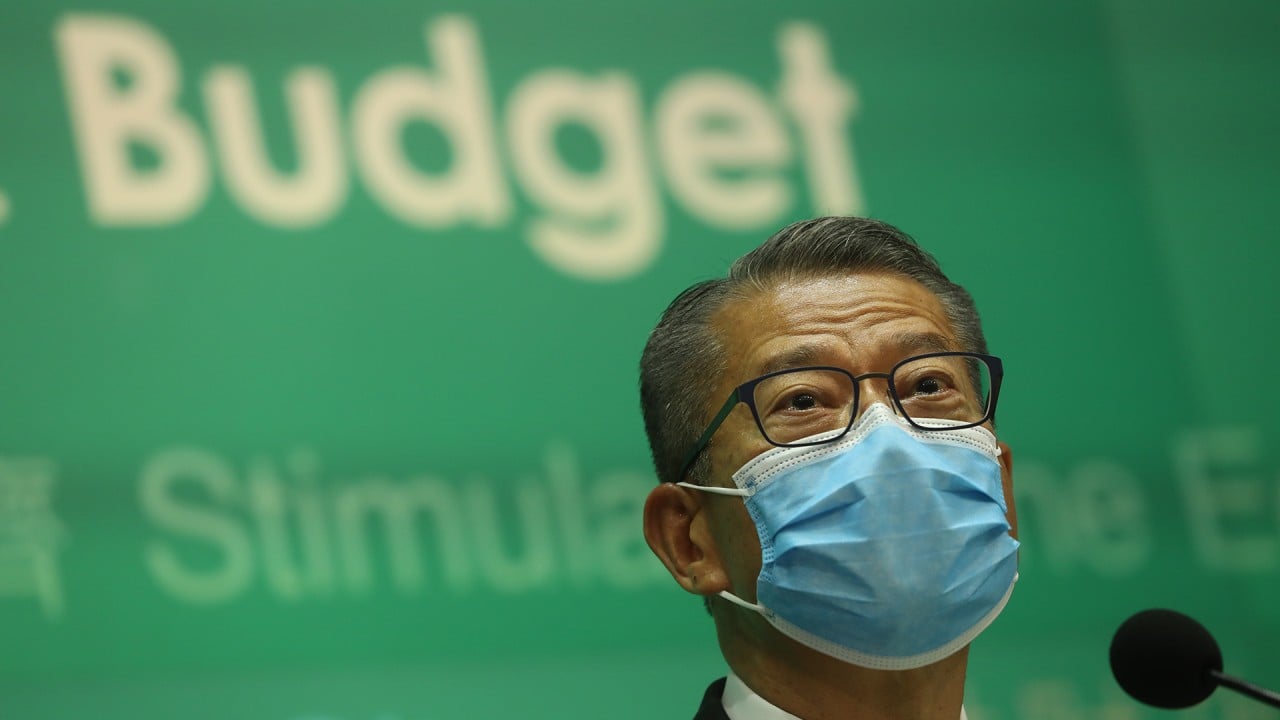
Latest round of Hong Kong’s iBonds attracts record US$7 billion from investors betting on inflation
- Due to the overwhelming response, the final issuance amount of this batch of iBonds will increase to HK$20 billion
- HSBC sees overwhelming response as customers ‘continue to look for stable returns in a low interest rate environment’
The latest round of Hong Kong’s inflation-linked government debt, known as iBonds, has been oversubscribed 3.6 times, and has attracted a record HK$54.58 billion (US$7.03 billion) from 717,000 people, according to preliminary data released by the Hong Kong Monetary Authority on Friday.
Due to the overwhelming response, the final issuance amount of this batch of iBonds will increase to HK$20 billion, a government spokesman said. The response was the strongest yet among all eight rounds of iBond offerings in the city, blowing past the HK$49.8 billion in principal attracted from applicants in 2012 and HK$39.6 billion in 2013. It was also higher than the HK$38.4 billion spent by about 460,000 investors in November last year.
“The iBond offering just completed has attracted a record high number of investors and amount of money. We have seen many customers opening new accounts with our firm for the purpose of buying iBonds. It is very popular,” said Edmond Hui, the chief executive of Hong Kong broker Bright Smart Securities. Bright Smart received a record HK$350 million in subscriptions from about 72,000 investors, almost four times more than the number seen in November.
The iBonds are popular because they guarantee a minimum return rate of 2 per cent and possibly higher returns, if consumer prices rise. These returns are particularly attractive at the moment because they offer a higher minimum payout than many traditional savings products. Central banks around the world have kept interest rates at historic lows to stimulate economies battered by the coronavirus pandemic.
The iBonds will make an interest payment every six months based on the average rate of the consumer price index over that half-year period. The minimum payment is double what the government offered four years ago.
HSBC, Hong Kong’s biggest bank, said it had received a record high amount of applications for the government debt. “HSBC has seen an overwhelming response to the latest tranche of iBonds, as customers continue to look for stable returns in a low interest rate environment,” said Sami Abouzahr, head of customer wealth, wealth and personal banking of the lender’s Hong Kong office. “Both total subscription volume and value surpassed 2020 levels. The number of applications hit a record high, with the majority submitted via the bank’s enhanced digital channels.”
Hang Seng Bank, a subsidiary of HSBC’s, said it too had received a record high number of subscriptions, and added that the number of subscribers had risen 40 per cent over November.
Bank of China (Hong Kong) (BOCHK) also reported a record high number of subscriptions in terms of both amount and number of investors. More than 70 per cent of applicants applied for the iBonds via mobile or internet banking. Their popularity could also be attributed to the recent absence of mega initial public offerings in Hong Kong, said Arnold Chow, the deputy general manager of BOCHK’s personal digital banking products department.
The average application submitted to CMB Wing Lung bank was for HK$100,000, the lender said. It added that subscription values had doubled since November while the number of subscribers had risen 70 per cent. ICBC Asia said it received 70 per cent more applications, with the highest one for HK$5 million.
City officials set the minimum guaranteed rate at a higher level when the bonds returned to the market in November, to encourage participation in the retail bond market and to provide stable returns to investors, as low interest rates were expected to persist for some time. The first interest payment on the latest round of iBonds will be due on December 23.




